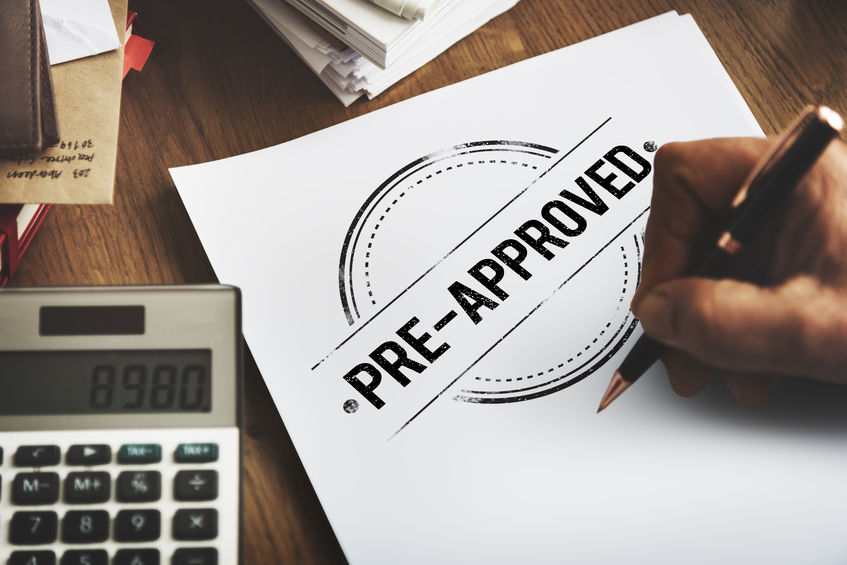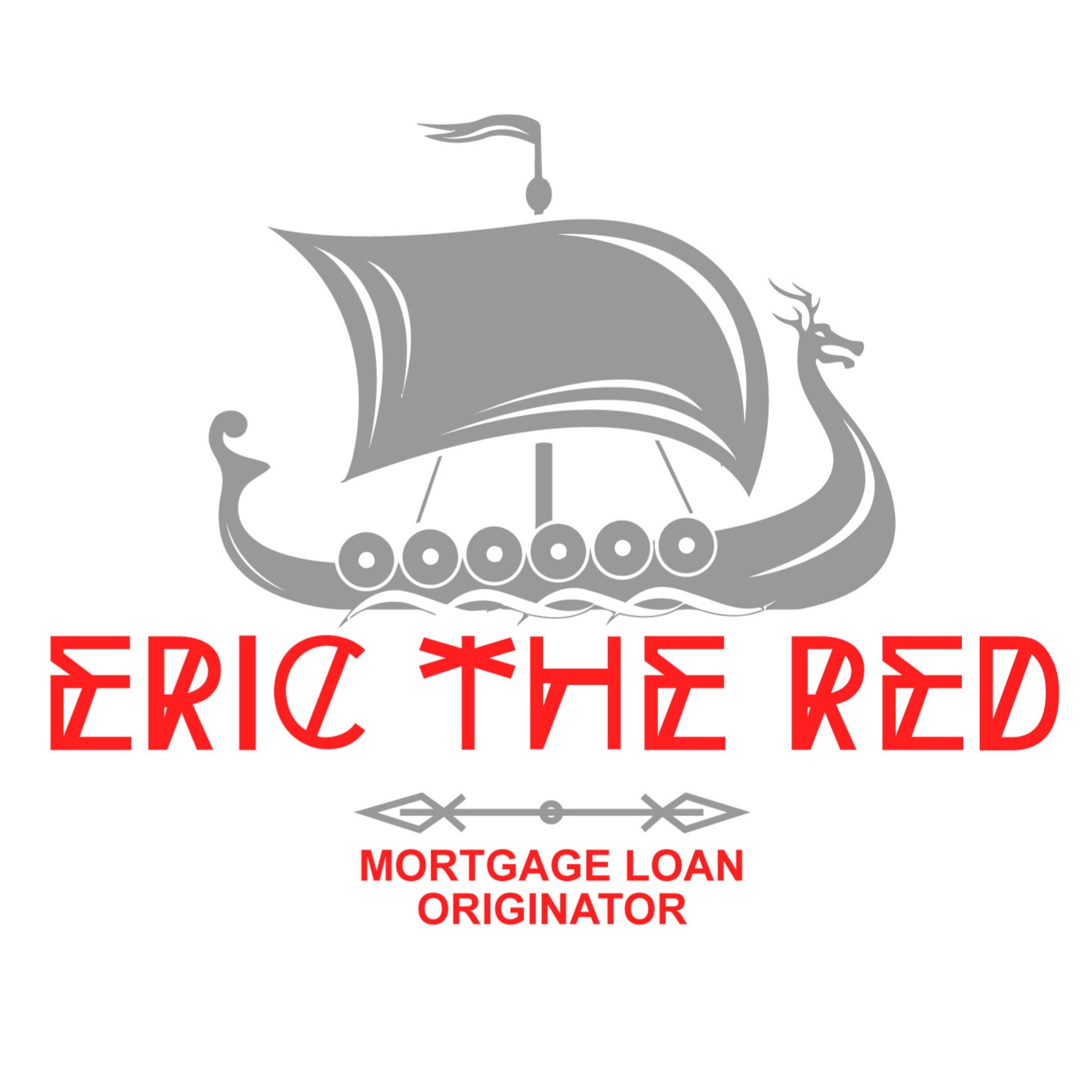Get the support you need throughout the home buying process
Win The Bidding War
Stand out from the buying competition in a seller’s market by working alongside professionals who give you the edge needed to close fast.
Services List
REFINANCING
Reduce your rate, reduce payments, cash out on equity for projects, or consolidate debt.
Apply Now
REVERSE MORTGAGE
If you are 62 or older you can take advantage of built up equity in your home.
Apply Now
DOWN PAYMENT ASSISTANCE
Take advantage of programs that will help you get into your new home with little to no money down.
Apply Now
COMMERCIAL REAL ESTATE LOANS
Thousands of Loan Programs. Hundreds of Lenders. One Commercial Real Estate Lending Platform.
Apply Now
Pre-Approvals
Get your offer accepted with underwritten pre-approvals and close in 14 days or less
Apply Now
Annual Financial Reviews
You are not just a transaction. Let's review your financial options to make your money and assets work for you.
Apply Now
Credit Counseling
Get advice on repairing your credit from someone who has been there. Personal experience is the best teacher.
Apply NowFind the best financial options for you and your family.
Why People Choose Me
What I OFFER
Services
- Mortgage Origination
- Financial Strategies
- Credit Counseling
- Realtor Marketing Guidance
WHAT I DO
Communication
- Regular update calls
- Answer or call back 7 days a week
- Annual reviews
- Continued communication after closing
What you expect
Support
- Questions answered promptly
- Find the best financial option for you and your family
- A team supporting me to get your loan done quickly and accurately
*All loans are subject to credit approval. Interest rates are subject to change daily and without notice. Current interest rates shown are indicative of market conditions and individual qualifications and will vary upon your lock-in period, occupancy, loan type, credit score, purpose and loan to value.
Contact Details
If you are interested in working with me then please drop me a line, I would love to hear from you.
7503 E 130th Circle Thornton CO 80602
Frequently Asked Questions
My goal is to have your loan ready for closing as soon as possible! If everything is provided it can close as quickly as 10-21 days. Generally, the items that take the longest to receive are things such as the appraisal and the title work and the conditions that you need to provide me with. I’ll want to get the appraisal and title work ordered as soon as possible to avoid any delays.
No. In some cases it is beneficial to put down 20% to avoid costly mortgage insurance, but there are loan options that only require 3-5% and you can use down payment assistance programs to help get you into your new home.
You wouldn’t go shopping for a new car without knowing how much you can afford. Why would buying a home be any different?
Pre-Approval Today = Less Stress House Shopping Tomorrow
Let’s face it. One of the most stressful things about buying a home is adjusting to your new mortgage payment. Knowing your family’s financial boundaries before shopping for your new home can make the process go much more smoothly.
Your pre-approval is an essential tool when house shopping, because it…
- Determines what homes are in your price range
- Assures real estate brokers and sellers that you are a qualified buyer
- Can be used to your advantage in future negotiations
In addition to your down payment, you will need funds to cover the associated costs of getting a mortgage. Total costs include the charges for your appraisal, tax service, survey (if necessary), deposit, closing fee, flood certificate, title commitment, and recording fees. Additional costs can also be involved in a purchase depending on the particular situation, including; points, inspection fees, pre-paid interest, taxes, insurance, and private mortgage insurance (PMI).
A home loan often involves many fees, such as the appraisal fee, title charges, closing fees, and state or local taxes. To assist you in evaluating our fees, we’ve grouped them as follows:
Third Party Fees
Fees that we consider third party fees include the appraisal fee, the credit report fee, the settlement or closing fee, the survey fee, tax service fees, title insurance fees, flood certification fees, and courier/mailing fees.
Third party fees are fees that we’ll collect and pass on to the person who actually performed the service. For example, an appraiser is paid the appraisal fee, a credit bureau is paid the credit report fee, and a title company or an attorney is paid the title insurance fees.
Taxes and other unavoidables
Fees that we consider to be taxes and other unavoidables include: State/Local Taxes and recording fees. These fees will most likely have to be paid regardless of the lender you choose. If some lenders don’t quote you fees that include taxes and other unavoidable fees, don’t assume that you won’t have to pay it. It probably means that the lender who doesn’t tell you about the fee hasn’t done the research necessary to provide accurate closing costs.
Lender Fees
Fees such as points, administration and escrow waiver fee (if an escrow waiver is requested and approved) are retained by the lender and are used to provide you with the lowest rates possible. This is the category of fees that you should compare very closely from lender to lender before making a decision.
Required Advances / Pre-Paids
You may be asked to prepay some items at closing that will actually be due in the future. These fees are sometimes referred to as prepaid items.
If an escrow or impound account will be established, you will make an initial deposit into the escrow account at closing so that sufficient funds are available to pay the bills when they become due. This type of charge should not vary from lender to lender.
Whether or not you must purchase mortgage insurance depends on the size of the down payment you make.
If your loan is a purchase, you’ll also need to pay for your first year’s homeowner’s insurance premium prior to closing.
FHA/VA loans: Generally, mortgage insurance premiums (MIP) on FHA loans and the VA funding fees for VA loans cannot be removed.
Conventional loans:
- Lender paid mortgage insurance cannot be cancelled.
- Borrower paid mortgage insurance (BPMI) may be cancelled under certain circumstances. Check with your mortgage provider for details.
- Single-family, primary residences originated on or after July 29, 1999 are governed by the Homeowners Protection Act (HPA). The HPA contains provisions for early cancellation and automatic or final termination of BPMI under certain circumstances.
Borrower requests for early BPMI cancellation:
Borrowers with loans covered by HPA may request, in writing, early cancellation of BPMI if:
- The principal balance is equal to or less than 80 percent of the original property value*
- Payments are current, with no 30-day late payments in the last 12 months and no 60-day late payments in the last 24 months
- The property value has not declined below the original property value
- For purchase transactions, original property value is either the purchase price or the original appraised value, whichever is lower. For refinances, original value is the original appraised value at the time the loan was originated.
- There are no subordinate liens
Automatic BPMI termination:
The HPA governs automatic termination of BPMI on conventional loans for single-family, primary residences originated on or after July 29, 1999. State law and/or other guidelines may also apply. The loan must be current upon reaching the automatic termination date. Otherwise, BPMI will be terminated on the first day of the first month following the date the loan becomes current. Additional principal payments don’t advance the automatic BPMI termination date.
Final BPMI Termination:
If you have not exercised the early cancellation option and if your loan has not yet reached the 78% threshold for automatic BPMI termination, it will end at the halfway point of the loan’s original term. As with automatic BPMI termination, your mortgage loan must be current upon reaching the final termination date; otherwise, BPMI will be terminated on the first day of the first month following the date the loan becomes current.
Generally speaking, you’ll need a credit score of at least 620 in order to secure a loan to buy a house. That’s the minimum credit score requirement most lenders have for a conventional loan. With that said, it’s still possible to get a loan with a lower credit score, including a score in the 500s.
You pay a lot more for a mortgage in monthly payments as well as rate with lower credit scores. The best rates and payments are available to those in the upper 700s and above.
Yes! In Colorado, there is CHFA, MetroDPA, CHENOA, and my company offers CelebAssist. These programs have different qualifications so speak with me to see what program you qualify for.
Once you start the application process we’ll need to verify the information you gave us with specific documentation, such as your last two years of income tax returns, bank statements, pay stubs and documents pertaining to other assets and personally owned real estate. You’ll receive notification in writing of required documentation needed to obtain a final approval. In some cases, our Underwriting Department may request additional information.
Fannie Mae and Freddie Mac are large companies that guarantee most of the mortgages made in the U.S. Together, they are also known as the government sponsored enterprises (GSEs). Historically, they were private companies operating with government permission and under government regulation. In late 2008, following the financial crisis, the U.S. government took over operations at both companies.
Loan guarantees from Fannie Mae and Freddie Mac reduce risk for lenders who make loans and investors who might purchase them. This makes loans more affordable and contributes to the availability of 30-year fixed-rate loans. Loans that are not eligible for Fannie Mae or Freddie Mac guarantees are typically more expensive.
Loans guaranteed by the GSEs are known as conventional loans. To qualify, these loans must meet certain criteria. Some requirements are established by government regulation (for example, maximum loan amounts), while others are set by the companies.
The closing costs you pay when securing a mortgage will be about 3% to 6% of the total loan and include:
Generally paid with your application:
- A non-refundable application fee to process your information
- An appraisal fee for the property, which is required by the lender
- A fee for the lender to check your credit report (i.e. credit score and history) to help determine qualifications as well as loan limits
Generally paid at closing:
- A survey fee may be required in order to verify property boundaries
- A flood certification fee may be required to ensure the property is not in a flood zone
- The title search fee is used to check the property’s history to ensure there are no legal claims on it
- Title insurance from the lender is used to make sure the loan is repaid
- Attorney costs associated with closing the loan
- Recording and transfer costs—a small fee applied to recording the purchase of your home
- Loan preparation fees, which are a percentage of the overall loan amount
- Discount points (an optional percentage-of-the-loan amount) paid to get a lower interest rate
- Escrow accounts, including private mortgage insurance (PMI), homeowner’s insurance, property taxes, and possibly, interest
The term “points” refers to fees that are shown as a percentage of the overall loan amount. For example, one point equals 1%. Origination points are fees paid that are related to the processing of a loan, while discount points are paid in order to reduce the interest rate on a loan.
Your mortgage adviser will be able to provide you the best personalized advice, but here are some basic pointers: – Never, ever miss a payment – Keep your credit utilization below 30%, if possible – Don’t close old accounts – Don’t open new accounts
We recommend getting pre-approved with a mortgage lender first. Once you’re pre-approved for a mortgage, you’ll be able to shop with confidence. You’ll know exactly how much you’re able to purchase.
Online lenders have their merits, but when it comes to personalized service and speed to respond, an experienced local mortgage adviser can’t be replaced. If you have a trickier financial situation, an online lender’s algorithm may turn you down without exploring every avenue to make your dream of homeownership a reality. Sometimes, the opposite happens with online-only lenders – borrowers will get approved even when they shouldn’t be.
Most homebuyers would agree that finding a perfect mix of convenient technology and face-to-face human help is the best way to a smooth closing.

